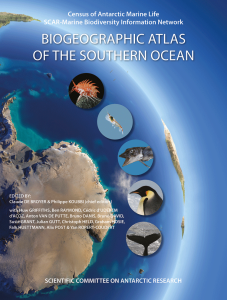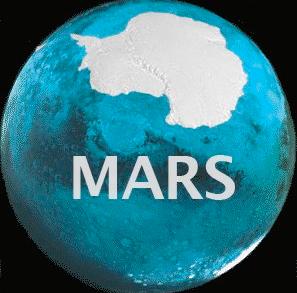This week, we will be hosting an international workshop to scope out the new dynamic Biogeographic Atlas of the Southern Ocean (dBASO), a followup project of SCAR’s Biogeographic Atlas of the Southern Ocean.
At the end of five years of extensive biodiversity exploration and assessment by CAML and the OBIS Antarctic Node (the SCAR Marine Biodiversity Information Network), a new initiative, the multi-authored “SCAR Biogeographic Atlas of the Southern Ocean”, has been established under the aegis of the Scientific Committee on Antarctic Research (SCAR) to provide an up-to-date synthesis of Antarctic and sub-Antarctic biogeographic knowledge and to make available a new comprehensive online resource for visualisation, analysis and modelling of species distribution. It will constitute a major scientific output of CAML and SCAR-MarBIN as well as being a significant legacy of CoML and the International Polar Year to fulfill the needs of biogeographic information for science, conservation, monitoring and sustainable management of the changing Southern Ocean. It will be of direct benefit to the Antarctic Treaty and associated bodies such as the Convention for the Conservation of Antarctic Marine Living Resources.
Ten participants from 5 countries (Australia, France, Italy, United Kingdom, Belgium) will be working on the initial development steps to make dBASO go live.


